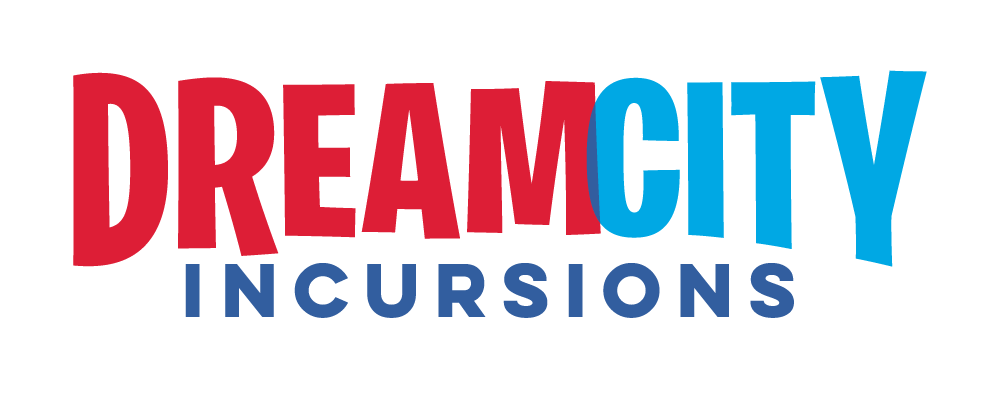Incursion FAQs

An incursion is an educational experience brought into the school by external providers, often involving hands-on activities or workshops.
They provide engaging, interactive learning experiences that can enhance understanding of topics, promote teamwork, and spark interest in new subjects.
Incursions can help maximise
your school budget by avoiding costs associated with transportation and minimise risk to your students. Incursions can also help maximise time on task for your students.
VR can make learning more engaging and interactive, helping students visualise complex concepts, practice skills in a safe environment, and experience scenarios that may be difficult to replicate in real life.
Hands-on learning is an educational approach that involves active participation and direct engagement with materials or activities, allowing students to learn through experience.
It helps students retain information better, develop practical skills, and encourages critical thinking and problem-solving abilities. This type of learning benefits kinaesthetic learners who thrive on movement and hands-on activities,
making learning more inclusive.
STEAM stands for Science, Technology, Engineering, Arts, and Mathematics. It is important for primary students because it encourages creativity, critical thinking, and problem-solving skills, helping them to connect different subjects and apply their knowledge in real-world situations.
STEAM learning promotes inquiry-based learning, where students ask questions, explore, and experiment. This approach helps them develop critical thinking skills and learn how to approach problems systematically.
- Convenience: Incursions take place on school grounds, so there's no need for travel. This saves time and resources, allowing students to engage in learning without the logistics of a trip.
- Tailored Learning: Incursions can be customized to fit the curriculum and specific learning goals of the students, making the experience more relevant and focused.
- Expert Access: Schools can bring in guest speakers or specialists who provide expertise and insights that might not be available locally, enriching the learning experience.
- Safe Environment: Since incursions occur within the school, they typically provide a safer environment for students, reducing risks associated with travel.
- Interactive Learning: Many incursions involve hands-on activities and interactive sessions, making learning more engaging and memorable for students.
- Cost-Effective: Incursions can often be more budget-friendly compared to excursions, as they eliminate transportation and entry fees associated with off-site visits.
- Flexibility: Schools can schedule incursions more easily, allowing for last-minute changes or adjustments based on the curriculum or student needs.
Learning about technology is crucial as it prepares students for future careers, enhances their digital literacy, and develops critical thinking and problem-solving skills.
Technology can enhance learning by providing interactive tools, access to a wealth of information, and opportunities for collaboration through online platforms and resources.
Important skills include digital literacy, coding, data analysis, and the ability to adapt to new technologies. Soft skills like communication and teamwork are also vital.
Yes, technology can provide personalised learning experiences and tools that cater to various learning styles, making education more accessible for students with special needs.
Got Questions?
Take a look at some of our frequently asked questions.
